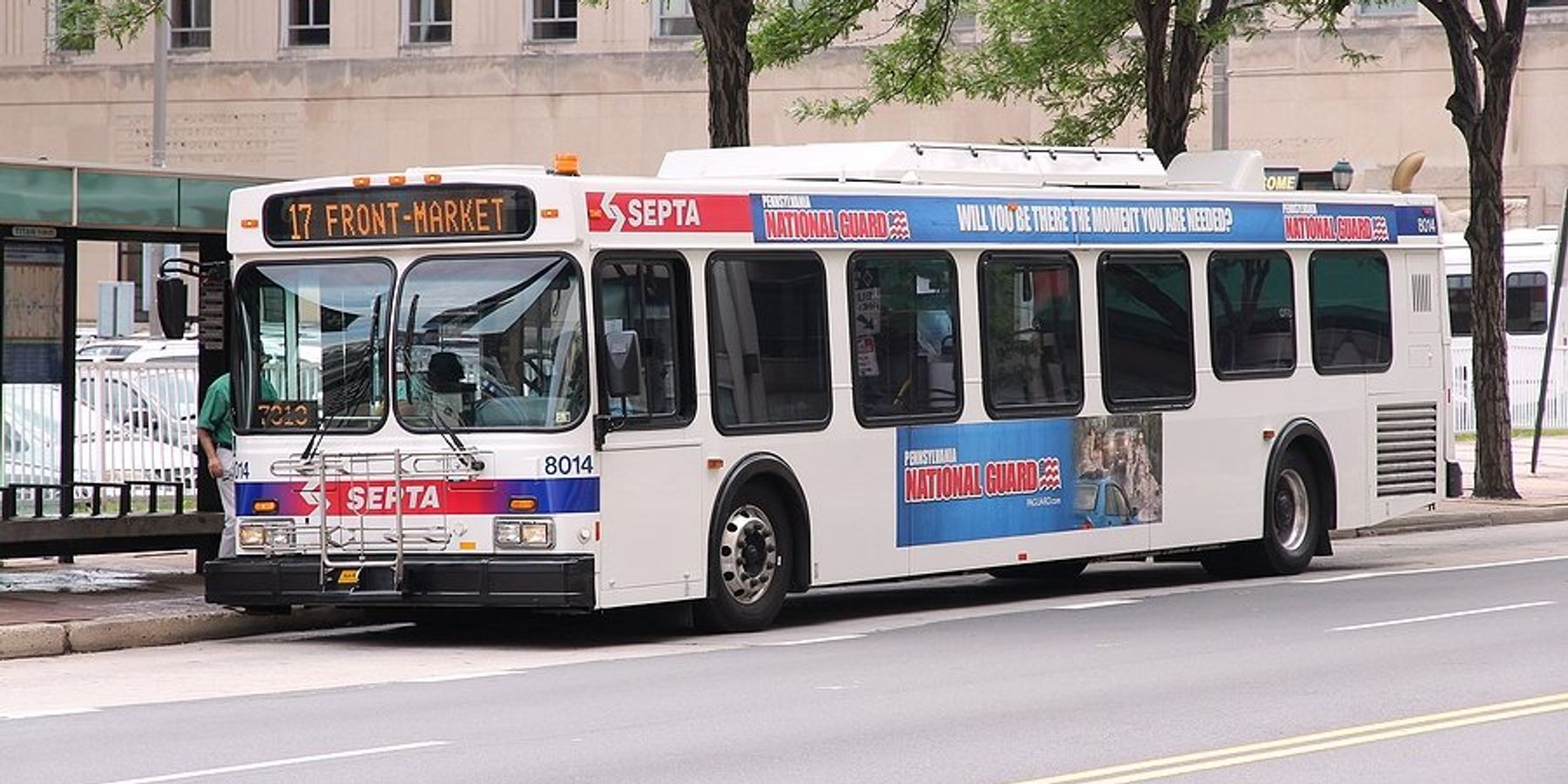
Philadelphia transit faces deep cuts as SEPTA funding stalls in state legislature
Commuters in Philadelphia will see major reductions in public transit service starting this weekend after lawmakers failed to resolve a $231 million budget gap, putting strain on riders who depend on SEPTA for work, school, and healthcare.
Tim Craig reports for The Washington Post.
In short:
- SEPTA will reduce bus and rail service by 20% beginning Aug. 24 and eliminate 32 Sunday bus routes, affecting 800,000 daily riders and tens of thousands of students returning to school.
- Fare hikes take effect Sept. 1, and deeper cuts are set for January — including a 25% service reduction and the elimination of five commuter rail lines — unless new funding is secured.
- The Pennsylvania legislature remains deadlocked, with Republicans proposing to divert infrastructure funds and Democrats rejecting the plan as unsustainable.
Key quote:
“It’s a lifesaver, and if they cut it, I’m stuck. I will be virtually in prison.”
— James Kpou, Philadelphia resident and SEPTA rider
Why this matters:
Public transportation systems across the U.S. are hitting financial walls, and the collapse of one of them — like SEPTA — offers a warning to others. As cities try to recover post-pandemic, transit remains a critical link for low-income workers, students, the elderly, and people with disabilities. When that link frays, people can lose jobs, miss medical care, or become isolated. Transit also cuts traffic congestion, improves air quality, and supports a city’s economic core. Without reliable service, people may return to cars or drop out of the workforce altogether if they have no affordable alternative. The impact spreads far beyond buses and rail systems — it affects health, equity, housing, and even regional climate goals.
Related: Cities rethink how to lure drivers out of their cars with better public transit













